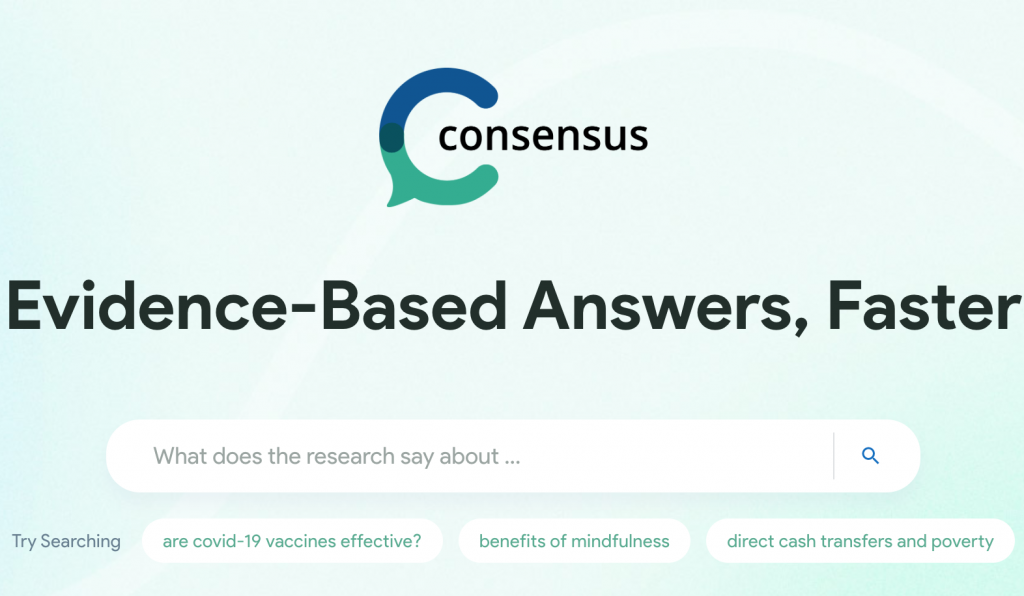
Applications may begin replacing artists and writers in a matter of years. Consensus will help writers reach conclusions. (Source: Consensus.app)
New AI Programs Could Replace Some Artists & Writers Within a Few Years
A story in The Atlantic magazine, written by Derek Thompson, explores how AI is poised to become more likely to take over jobs in creative fields, though only about 10 years ago this would have been considered impossible. Advances like GPT-3 have changed the landscape–and GPT-4 will accelerate change.
As the article explains:
“This year, we’ve seen a flurry of AI products that seem to do precisely what the Oxford researchers considered nearly impossible: mimic creativity. Language-learning models such as GPT-3 now answer questions and write articles with astonishingly humanlike precision and flair. Image-generators such as DALL-E 2 transform text prompts into gorgeous—or, if you’d prefer, hideously tacky—images. This summer, a digital art piece created using the text-to-image program Midjourney won first place in the Colorado State Fair; artists were furious.”
Besides generating art, which has been controversial for how it is often derived from scraped images, Thompson points out that there’s an app that does what many journalists do, which is to draw from a myriad of sources to come up with a conclusion. Called Consensus, it draws from millions of documents, including research, to come to conclusions. As Thompson writes:
It works like this: Type a research question in the search bar—Can social media make your depression worse? Are there any foods that actually improve memory?—and the app combs through millions of papers and spits out the one-sentence conclusion from the most highly cited sources.”
These apps and programs show the potential for AI to build better creators, ones that can draw and write faster and with more precision than humans. So, Thompson concludes, even though some programs are not as reliable as humans, creative people should fear for their jobs in the future.
read more at theatlantic.com







Leave A Comment